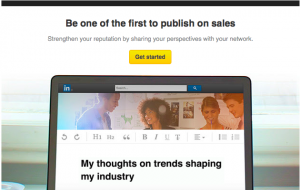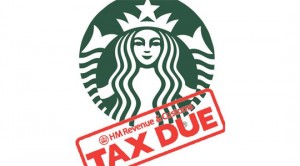Earlier this year LinkedIn announced that their “publishing platform” also known as a “blog” is now available to regular LinkedIn users. Earlier on, this feature was only available to LinkedIn ”influencers”. These “influencers” are people chosen by the LinkedIn team, who they feel have influential opinions and would interest the general users. This recent change could be considered an upgrade and the customer base has varying opinions on it, as can bee seen by the comments on the article.
Personally, I feel that having the “influencers” being the only people who can openly convey their opinions through a blog can be discriminatory in some ways as they’re providing a more advanced product to some customers and not others This implies that not all opinions are worth being widely shared. However, this change could also be taken as a positive, as they’re widening the usage of this product. Additionally having an exclusive blog may have also acted as an aspiration for general users wanting to be requested to join this elite group.
I actually find it quite interesting the way LinkedIn has managed to vary the positioning of its products varying on their customers. Furthermore, I feel the value proposition of the product also changes depending on the customer base. There is the basic group, who are free users, then there are paid users and on top of that you also have “influencers”. The value proposition hence for an “influencer” would therefore be access to the “publishing platform”. However now my question is that as they have made this value proposition open to a wider range of people, will it still remain as important a value proposition for the “influencers”? How useful was this move in terms of their product positioning?
Works Cited
“LinkedIn.” LinkedIn Blog. N.p., n.d. Web. 24 Sept. 2014. <http://cdn.searchenginejournal.com/wp-content/uploads/2014/02/linkedin-publishing-630×400.png>.
Southern, Matt. “LinkedIn’s Blogging Platform Is Now Open To Users, Not Just Influencers – Search Engine Journal.” Search Engine Journal. N.p., 20 Feb. 2014. Web. 24 Sept. 2014. <http://www.searchenginejournal.com/linkedins-blogging-platform-now-open-users-just-influencers/91743/>.
“World’s Largest Professional Network | LinkedIn.” World’s Largest Professional Network | LinkedIn. N.p., n.d. Web. 24 Sept. 2014. <http://www.linkedin.com>.
MLA formatting by BibMe.org.



